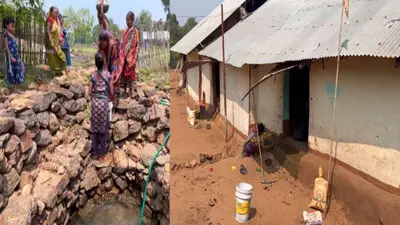Recommended Stories
Addressing the inaugural session of a three-day national seminar on Climate change, development and social transition in North East: Impact and issues at Rajiv Gandhi University (RGU) on Thursday, he said the Inter-governmental Panel on Climate Change (IPCC) had committed a blunder in predicting early melting of the glaciers in its 2007 report.
But the 11th and 12th Five Year Plans reflect India`s concern as well as that of the prime minister-headed National Action Plan on Climate Change, as two out of its eight missions - Mission for sustaining the Himalayan ecosystem and Mission on strategic knowledge for climate change are directly linked to the northeast region, he pointed out.
Regretting at limited interactions between the northeast and the Centre because of geographic isolation and low level inter-institutional linkage, he said though the northeastern states have been doing better of late they are much below the national average growth rate.
If the Centre imagines that the planners responsibility ends with claiming transfer of high per capita fund to the region, the Centre is becoming a living caricature of Alice`s Adventures in Wonderland, he said and wondered why the vibrant federal structure of India cannot take care of this problem.
It is good that development is yet to take deep root in the region. Therefore, heavy downpour after earth cutting leads to disruption of vital roads even in state capital, Itanagar. This calls for the Centre`s responsibility towards balanced regional growth, he reasoned.
Referring to the last National Development Council meeting where a few chief ministers of non-Congress ruled states had accused the Centre of apathetic attitude, he said it would have been prudent for the chief ministers to present projects to take up development adopting climate change.
Agriculture and forestry are the primary sectors of the region on which the people depend with a deep rooted value-based cultural link with the nature. Had the urbanization in Sikkim been planned adopting the aspects of climate change, the casualties (112) of the recent earthquake perhaps could have been less, he opined.












